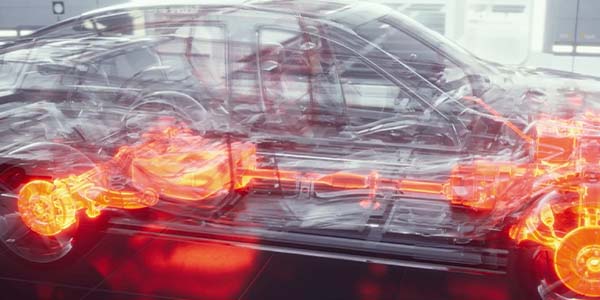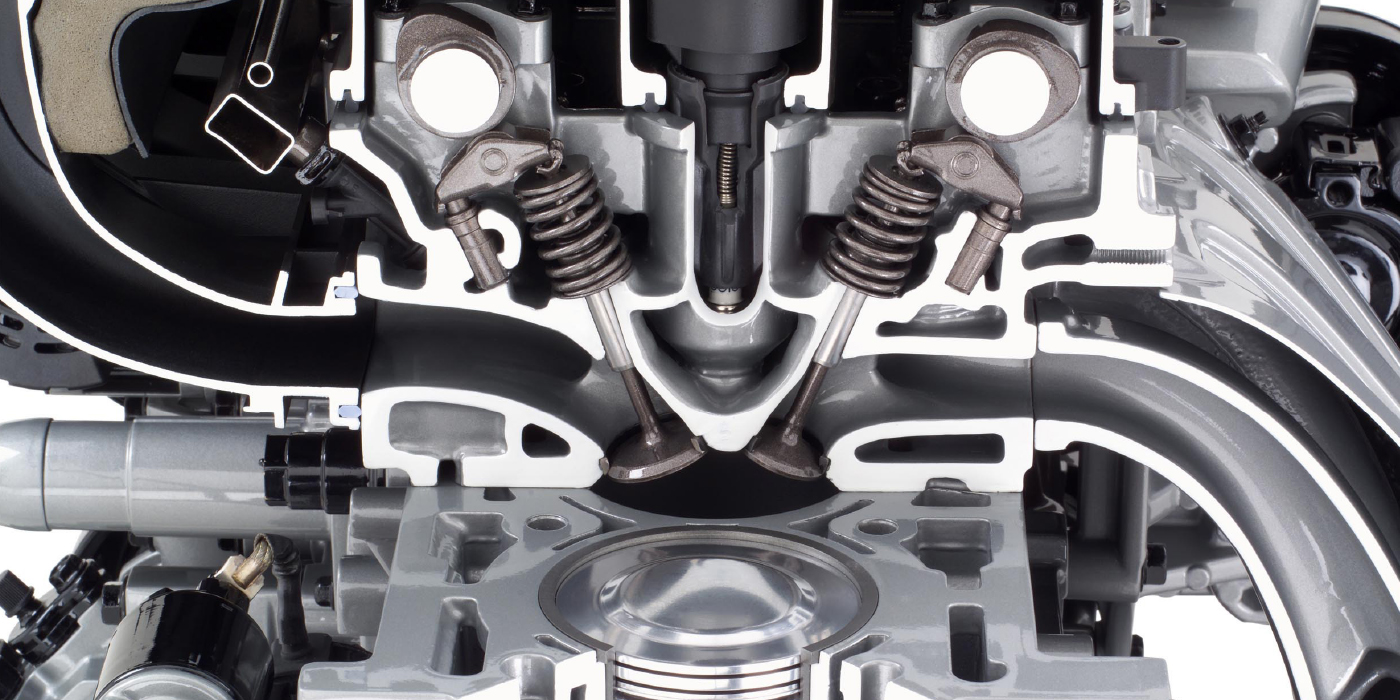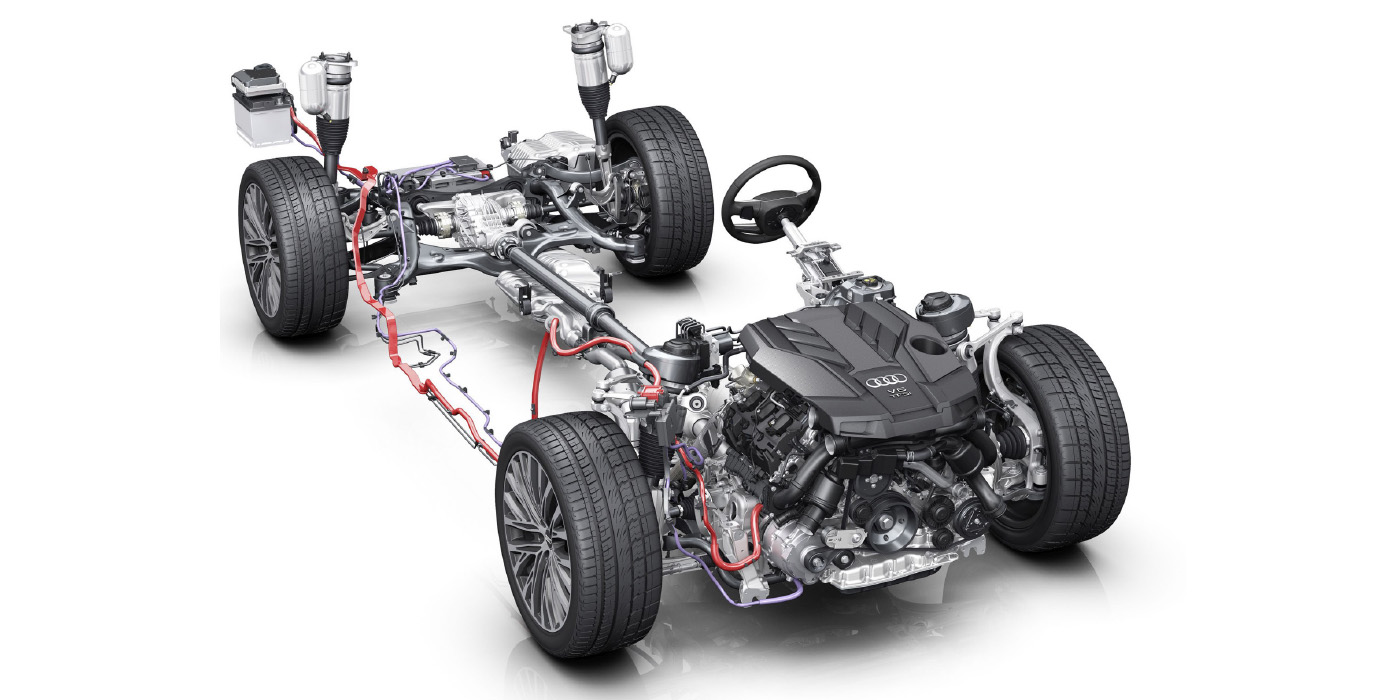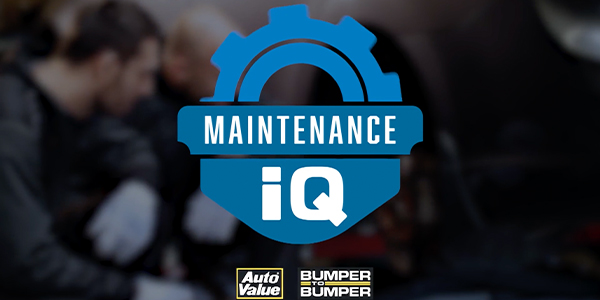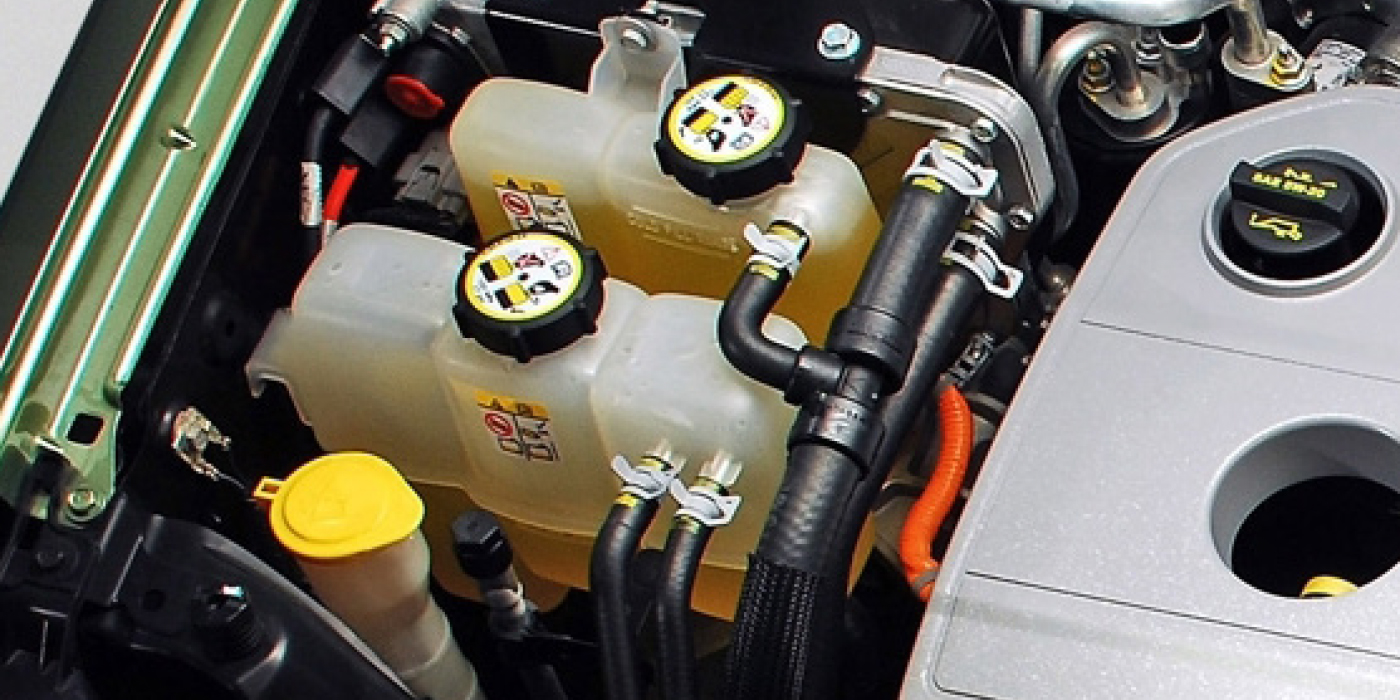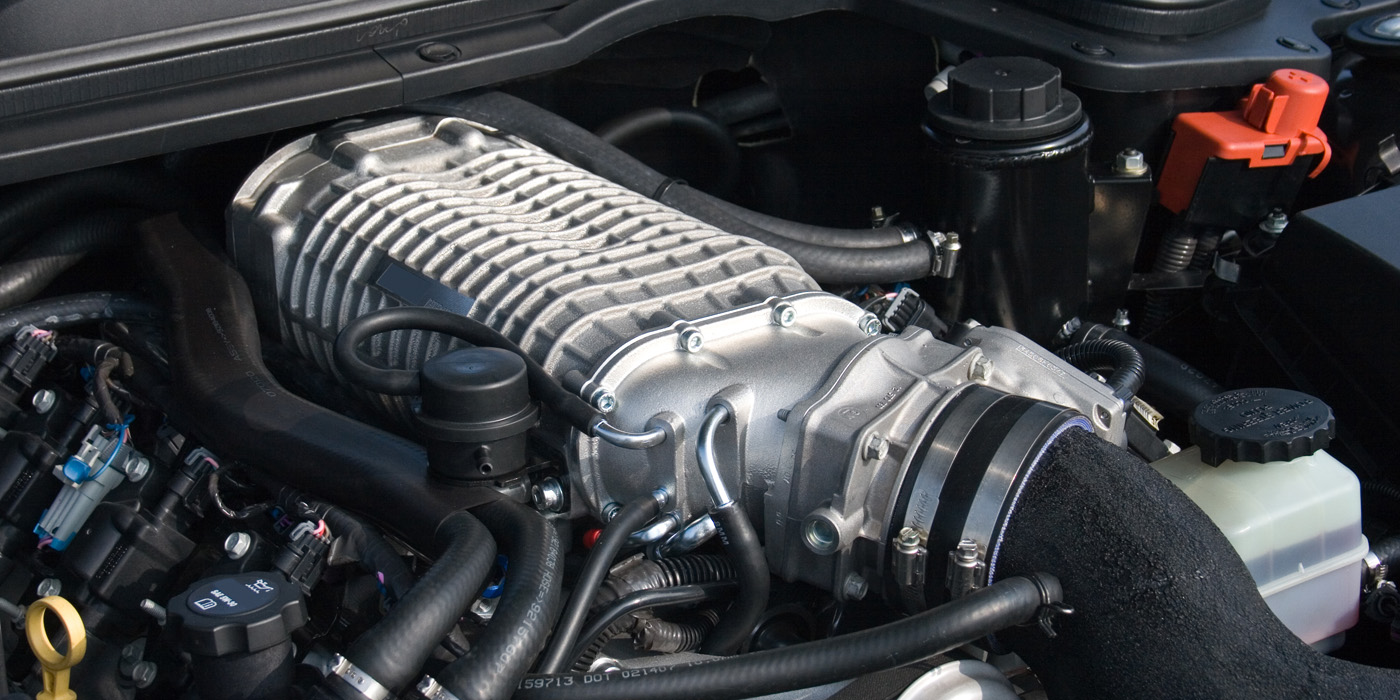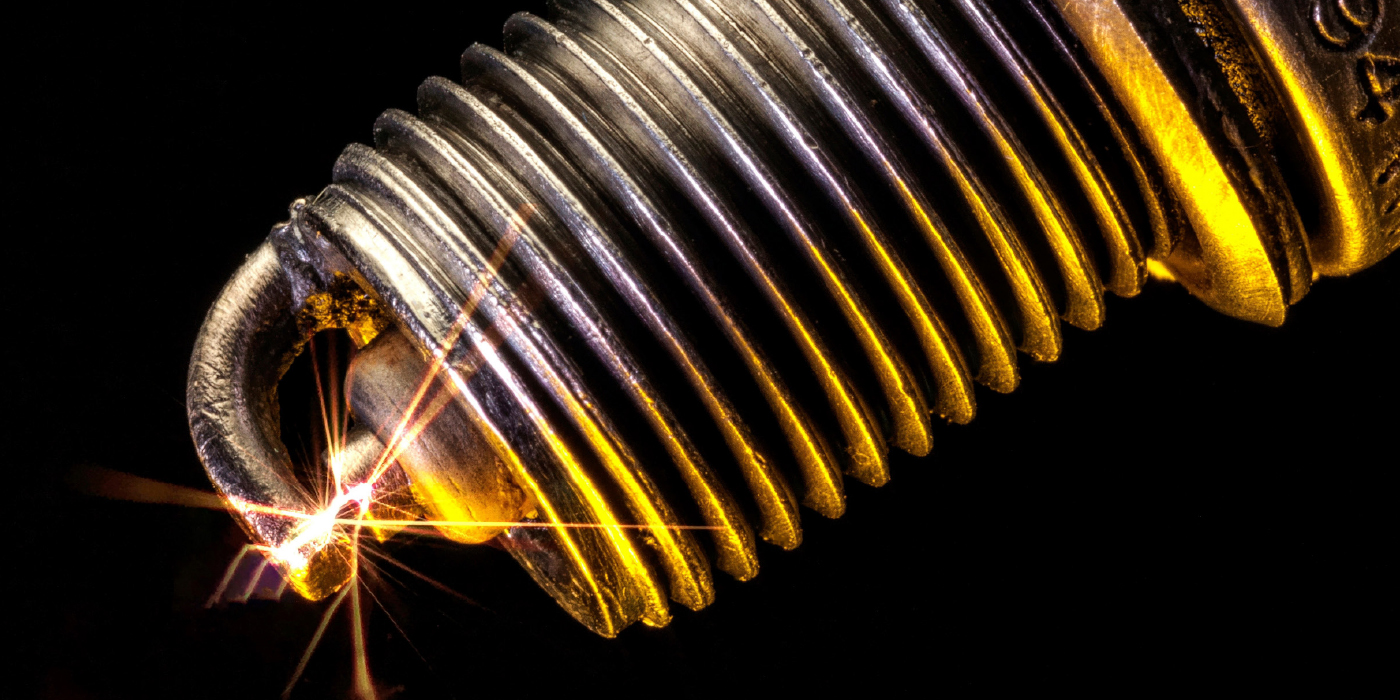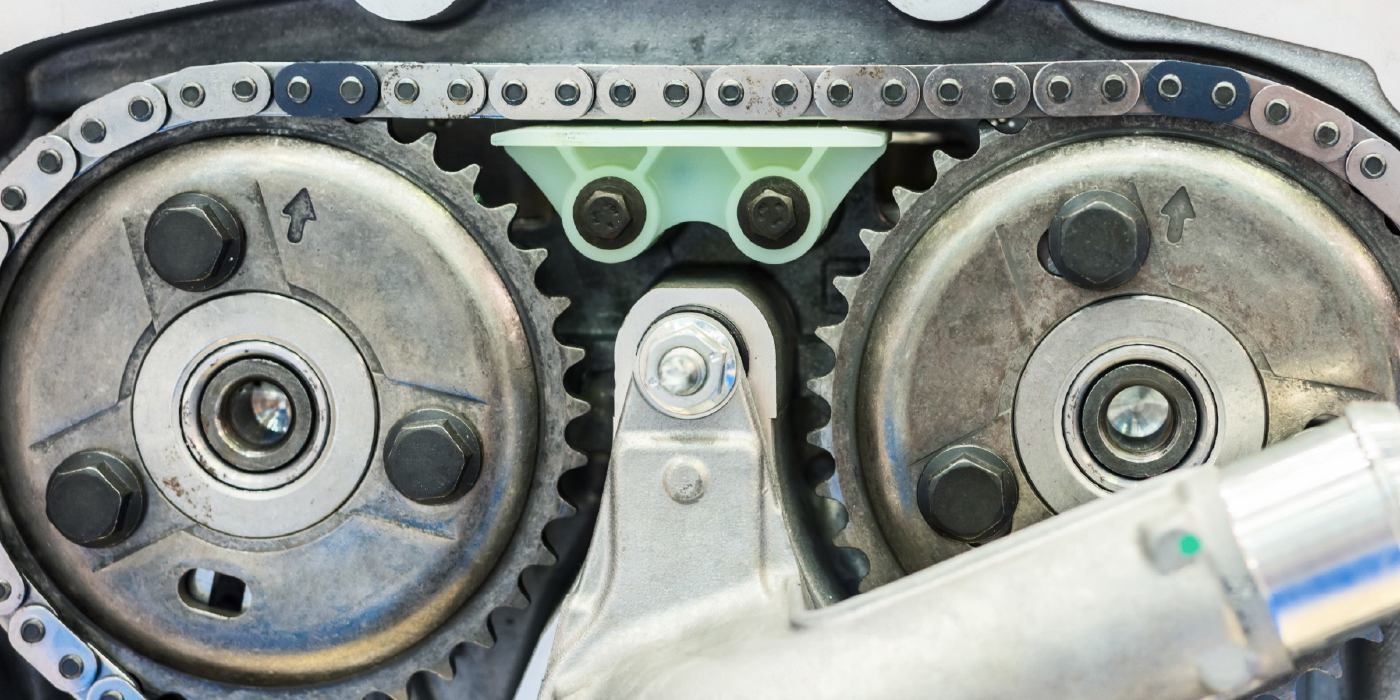There are so many questions that need to be answered in our business. Some can be answered with a little background in engineering or technical information. Some can only be answered after a few visits with your local shrink. Other questions are just left in limbo for eternity.
I thought I’d put together a list of some unanswerable questions from the latter category that just leave you asking, “WHY?”
- Why is it that some people can’t tell you what’s wrong with their car, or the reason they’re at the repair shop, without starting their explanation from the day they bought the car?
- Why is it when I hear, “All the fuses are good,” without fail, the problem turns out to be a bad or missing fuse?
- Why is it that cars stop acting up as soon as they’re in the shop?
- Why is it that an intermittent problem won’t act up until you’re pulling it out of the service bay?
- Why is it that a bad day always starts after a good day?
- Why is it that an appointment only means “maybe I’ll make it,” while, “I’ll be right there” means tomorrow or next Tuesday?
- Why does diagnosing a problem with the customer hovering over your shoulder always take longer?
- Why is it special-ordered parts that you’ve been waiting for all day, perhaps even a week, always show up late in the afternoon (as usual) and are either bad out of the box or the wrong part altogether? But, the correct part has been on the shelf at the dealership the whole time?
- Why is it on most cars with a single exhaust pipe, the exhaust is always on the opposite side of the fuel door?
- Why is it as soon as you can afford to spring for the latest and greatest scan tool to handle those models not covered by your original scan tool, none of those vehicles show up at your shop?
- Why is it that a watched pot never boils, but a watched mechanic will?
- Why is it on slow days the only phone calls you get are from one of those longWinded solicitors like Google?
- Why is it you can tell the new guy isn’t going to work out when he spins the fake lug nuts off a hubcap?
- Why is it nobody will admit to blowing the fuse in your multimeter or clogging the shop toilet?
- Why is it everyone assumes you make a zillion dollars a day fixing cars? We all know that ain’t true. The proof? You wear rented clothes.
- Why is it no matter how many wrenches you grab out of your tool box, you never seem to have the right one?
- Why is it just as soon as you have successfully mastered the newest system in a car, they change it all up again?
- Why is it the kid at the parts store with his little generic code reader has as much influence on the outcome of a repair (as far as the customer is concerned), as the seasoned technician does at a professional repair shop with the latest diagnostic equipment?
- Why is it some people think price is the only consideration when it comes to car repair? I wonder what those same people would do if they could price check their doctors the way they price check their mechanic?
I could go on. I think every technician who has spent any time at all in a shop has a few “Why is it’s” that will nag them until their last days. I guess I should be grateful, though. After all, when you combine the newest smart technologies with all the not-so-smart customers we sometimes have to deal with, it’s a small miracle most of us stay (somewhat) sane!


